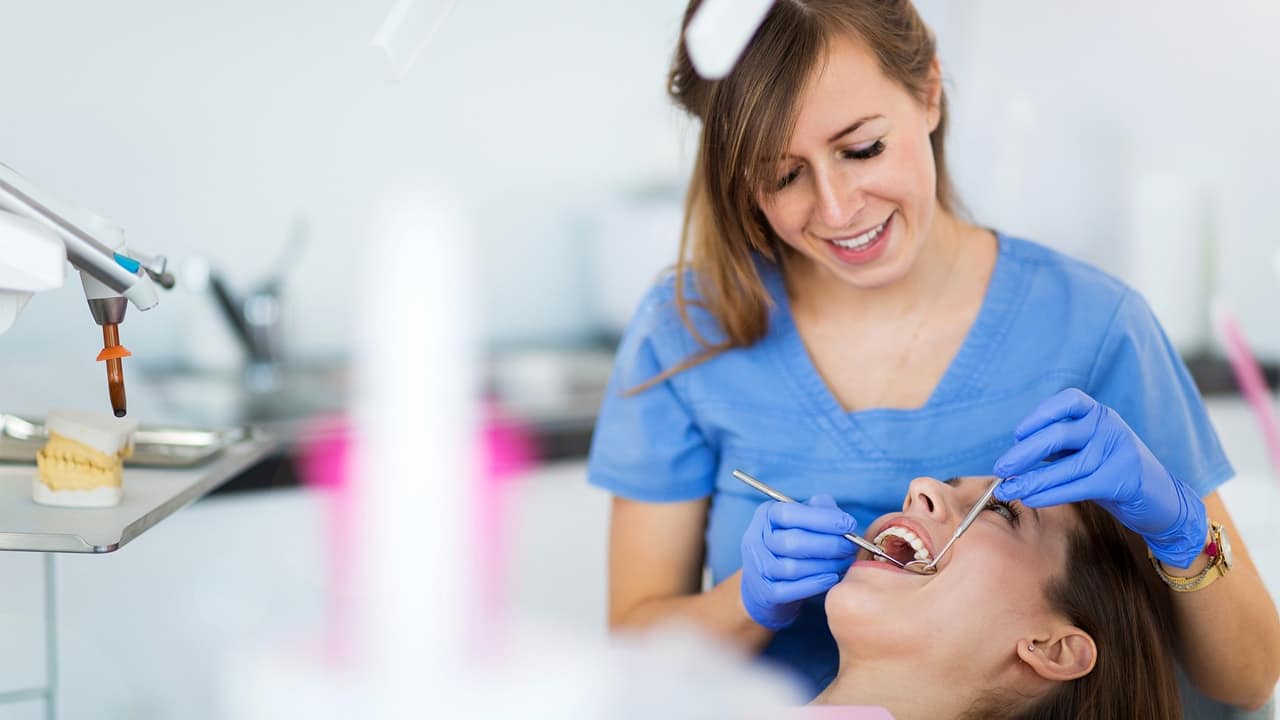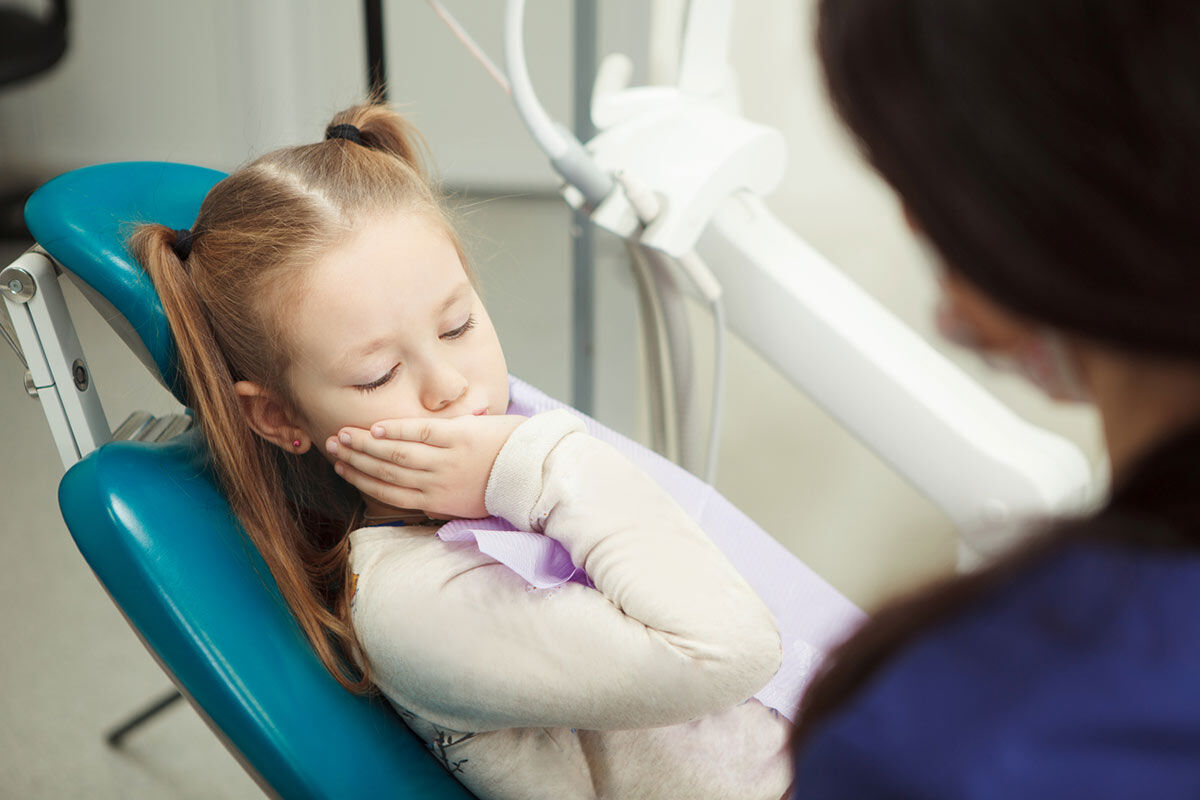Bruxism is characterised by grinding, gnashing, or clenching teeth. If you suffer from bruxism, you may subconsciously clench or grind your teeth while awake or while sleeping (sleep bruxism).
Although stress and worry can induce teeth grinding, it is more likely to occur during sleep and is caused by missing or crooked teeth or an abnormal bite. Sleep issues, such as sleep apnea, can also cause it.
Sleep bruxism is a condition that is related to movement during sleep. Individuals who clench grind or clench their teeth while sleeping are also more prone to experience other sleep problems like snoring and breathing interruptions (sleep apnea).
Treatment may not be necessary for mild bruxism. However, bruxism can be severe and frequent enough in certain individuals to cause jaw difficulties, migraines, tooth damage, and other issues.
What Causes Sleep Bruxism?
Experts are not entirely sure about the exact causes of bruxism, although it could be caused by a mix of physical, psychological, and genetic reasons.
Bruxism, while you’re awake, may be caused by emotions such as anger and frustration. It could also be a coping mechanism or a habit developed during periods of intense concentration. In contrast, sleep bruxism could be a chewing activity that occurs during sleep linked to arousals when sleeping.
Lifestyle habits such as consumption of alcohol, smoking, recreational drugs, as well as high consumption of caffeine may all contribute to bruxism. Individuals who consume alcohol and smoke are twice more likely to brux than those who do not. Other possible causes of bruxism include:
- Sleep-related conditions.
- Anxiety and stress.
- Taking certain medications, such as selective serotonin reuptake inhibitors (SSRIs).

What Are The Symptoms Of Bruxism?
You might not even be aware that you grind your teeth at night. However, the following are some signs and symptoms that you might have bruxism:
- Grinding or clenching of the teeth.
- Flattened, broken, chipped, or loose teeth.
- Tooth enamel that has worn away, exposing the deeper portions of the tooth.
- Increased sensitivity or soreness in the teeth.
- Jaw muscles that are tired or tight, or a locked jaw that is unable to fully open or close.
- Pain within the regions of the ear (pain is not caused by an issue with the ears).
- Soreness or pain in the jaw, neck, or face.
- Dull headache that begins in the temples and progresses to the back of the head.
- Biting on the insides of the cheek causes damage.
- Disruption of sleep.
Can Bruxism Be Cured?
While there is no cure for tooth grinding, treatment can help to minimise the frequency, the impact, and the symptoms. Furthermore, bruxism can be made easier to manage with a number of home care and healthy eating tips.
There is no medicine available to stop bruxism. A night guard may be prescribed by your dentist. This personalised dental device is to be worn in the mouth before sleeping. It shields your teeth, muscles, and temporomandibular Join from the impact of grinding. Your doctor may also recommend that you take a muscle relaxant before going to bed.
Here are some home care practices to help manage bruxism and alleviate its symptoms.
- Avoid eating hard foods, such as popcorn, nuts, and hard candies.
- Practice caution when eating sticky, difficult-to-chew foods such as peanut butter.
- Avoid frequently taking chewing gums.
- Adjust pillow and sleeping position to provide more support for the neck and head.
- Apply a hot or cold compress to the afflicted region to ease the pain.
- Avoid or reduce the consumption of caffeine as well as caffeine-containing foods and beverages such as colas and chocolates.Get your Vaccination.


